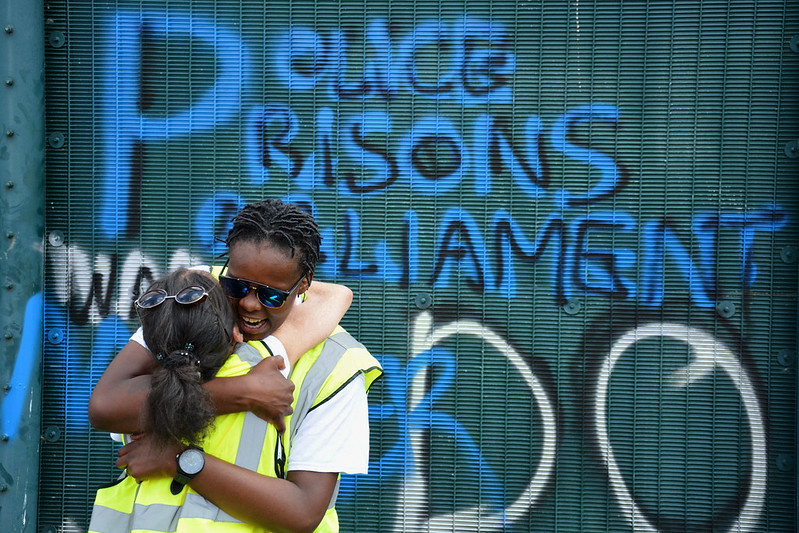
Only 4% of asylum seekers who arrived in the UK by boat last year have received a decision from the Home Office on their claim, according to the Refugee Council. The majority of people who have claims processed are found to be refugees by the Home Office. In a report in July, the Home Affairs select committee said the delays were caused by “inappropriate” software and “insufficient” staff to support officials making decisions.
Last week, the Observer reported that new Home Office recruits put in charge of making decisions about asylum claims were “inexperienced” and receiving little training.
The committee said that “long delays” had a substantial impact on the physical and mental wellbeing of people seeking asylum. It added that the backlog could impact the cost of the asylum system, such as accommodation for asylum seekers waiting for a decision on their claim. It said that addressing the asylum claim caseload must be the department’s “highest priority” within asylum operations.
Last month, the home secretary came under fire for overcrowding at Manston processing centre in Kent. Almost 4,000 asylum seekers, including children, are being held at the centre, which has a capacity of just 1,600. Overcrowding and poor conditions there have led to recent outbreaks of MRSA, diphtheria and scabies.
Delays in initial decision on claim
The majority of people are waiting for an initial decision on their asylum claim, which means the Home Office has interviewed the person and has decided whether it considers them to have the right to remain. More than 120,000 people are waiting for an initial decision on their asylum claim, according to the most recent government statistics.
The figures represent a threefold increase since June 2017, analysis from the Institute for Government showed. More than 70% of people whose claims were being processed had waited longer than the government target of six months. The backlog was substantially lower in the decade before 2014.
Last year, the Independent Chief Inspector of Borders and Immigration said adult asylum claimants were waiting an average of 449 days in 2020, while unaccompanied asylum-seeking children were waiting 550 days.
‘Urgent’ need for reform
Tamsin Baxter, executive director of external affairs at the Refugee Council, said the statistics showed the system was in “urgent need of reform”.
She said: “The asylum backlog causes misery for every person waiting months, years even for news of their fate, unable to work or move on with their lives.”
The organisation’s CEO, Enver Solomon, called the long waiting times for claims “cruel”.
Most people who have claimed asylum in the UK are initially not allowed to work. Those living in hotel accommodation are being forced to live on £8.24 a week under government support allowances, according to the Scottish Refugee Council.
Under section 95 of the Immigration and Asylum Act 1999, those seeking asylum should receive £39.63 per week; however, those placed in hotel accommodation are not eligible for that amount.
Baxter said: “It is also causing a concerningly high number of people to be crammed into hotel accommodation, now costing a staggering £5.6m a day. Hotels are completely unsuitable for housing vulnerable men, women and children and sees people shunted around the country as hotels open and close.”
Over 110 charities, including the Refugee Council, signed an open letter last month calling for the home secretary to address the backlog in asylum cases and create safe and legal routes for asylum seekers.
In its response to the Home Affairs report, the Home Office said: “Our highest priority in this area is to deter and reduce illegal migration, including small boat crossings. At the same time we are working to speed up decision making and reduce costs and pressure on the overall system.”




